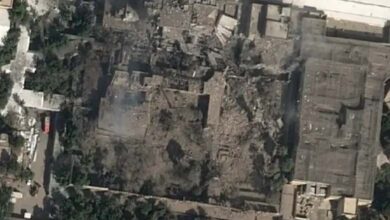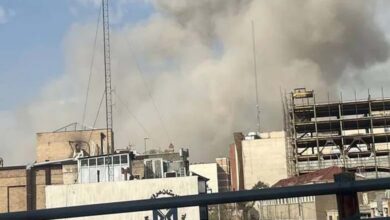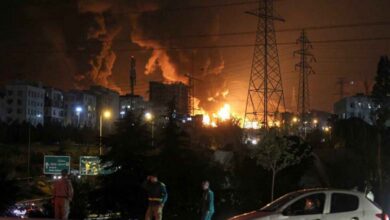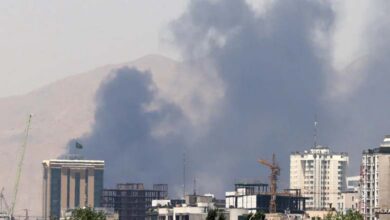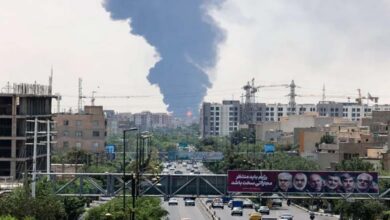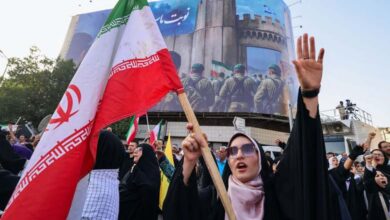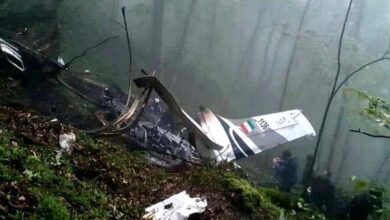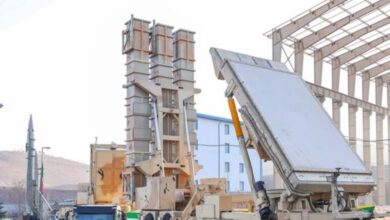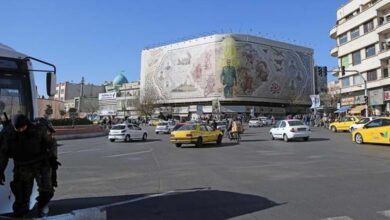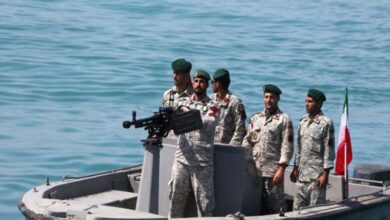Khamenei calls the judiciary for more repression and executions
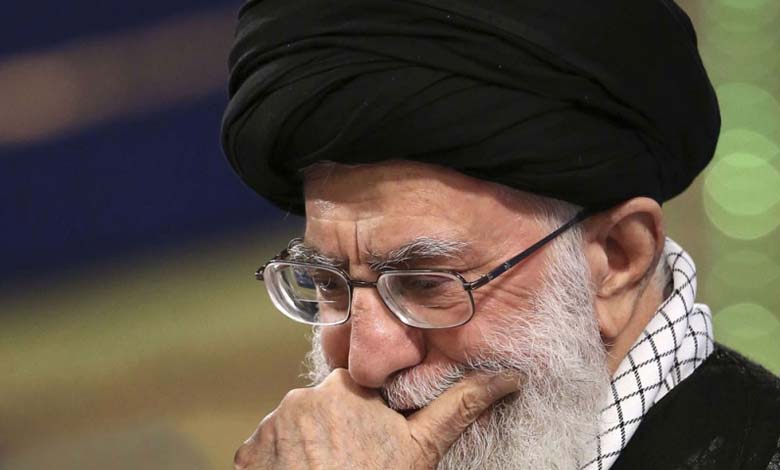
Economic, social and political conditions in Iran have worsened in an unprecedented way, leading to the emergence of irreversible protests in Persia to the extent that the Iranian Minister of Economy, Ihsan Khandoze, commented on these strikes and protests, saying: ‘People’s displeasure is right’, adding that ‘if someone pays an extra tax, the tax establishment does not have the right to demand more from unions in the name of zero tax’.
Fears were therefore raised by the Iranian authorities, which prompted Supreme Leader Ali Khamenei to insist on judicial officials in Iran to continue the repression and stiffen sanctions against protesters.
The horror of the protests
Fearing a return to mass protests like the one on June 20, 1981, Khamenei said: There was a civil war inside the country on the streets of Tehran, and the People’s Mujahedeen poured in everything that came into their hands, confronted the committee and the guards; In reference to the Iranian opposition, which sparked the revolution against the mullahs’ regime in the streets.
Khamenei added: ‘It was a war in Tehran, and we stood on our feet in the face of all these incidents and the intensity of work and events in 1981, as can we do today’, referring to the mass executions of the Iranian opposition (People’s Mujahedeen) at the time. The Iranian leader called for more executions, saying that ‘the God of 1981 is the same God of this year, the God of all difficult and different periods is the same’.
Fears of corruption exposed
Khamenei’s remarks clearly showed his fear of the spread of the recent popular uprisings. In his speech, he explicitly demanded more executions of people in order to control the situation in the face of the fall of the regime.
Khamenei considered that ‘the judiciary is an important and competent factor in the administration of the state, and I have always issued commandments’, acknowledging at the same time the corruption inherent in the Iranian regime. Corruption exists in the judiciary, in the executive branch and elsewhere, and there are some structures that naturally create corruption.
Khamenei also considered the failure to topple his regime a success in light of the large protests, the difficult economic events, and the spread of corruption. He called for more repression so that no more scandals about the regime would be exposed. Every day is a rumor, and terrifying words come to mind, and cyberspace has been added! Every few hours, words are published in cyberspace that lead to the loss of psychological security.
Mass massacre
It is worth mentioning that in 1981, and the years following, Khamenei ordered the brutal execution of members of the Iranian opposition of the People’s Mujahedeen, in order to control the conditions of the regime. Perhaps the most famous of these is the genocide in the summer of 1988, in which more than 30,000 political prisoners were executed under Khamenei’s orders, more than 90% of them were from the Organization of the People’s Mujahedeen. Khamenei’s statements about the execution today are actually orders to carry out the same suppression to control the situation.


